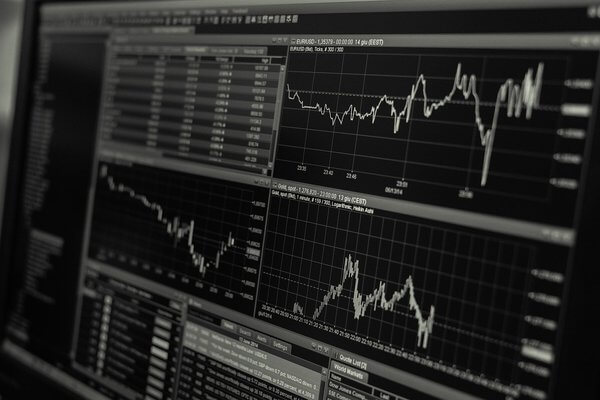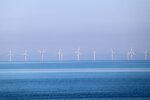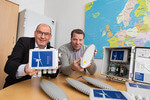News Release from windfair.net
Wind Industry Profile of
No failure allowed
There can be no 'business as usual', that's for sure. Climate change has progressed too far for that, and countries have done too little for too long. And it is no longer profitable, as a recent study by the Deloitte Economics Institute found. In the next 50 years, German economy will suffer damages totaling 730 billion euros from climate change alone. The reason: lower gross national product (GNP) growth rates and a resulting loss of up to 470,000 jobs.
"In our baseline scenario, we assume that temperatures will rise globally by three degrees by the end of the century if no action will be taken. The economic damage of this development has so far hardly been taken into account in economic analyses and long-term growth forecasts," said Dr. Alexander Börsch, Chief Economist at Deloitte Germany, explaining the results of the study. "The classic 'business as usual' scenario makes little sense in view of the expected damage. That's why, for the first time, we have compared the economic costs and benefits of investing in climate protection in our study."
The German Fraunhofer Institute for Systems and Innovation Research (ISI) also concludes that the next ten years will be crucial for further development. According to the sector target, emissions from Germany's industrial sector must fall to 118 million metric tons by 2030 - a reduction of around 57 percent compared to 1990. This means that CO2-neutral production processes must be scaled up from pilot and demonstration state to an industrial level and operated economically in the next ten years. This is possible, but not easy.
Dr. Andrea Herbst, research associate at the Competence Center Energy Technologies and Energy Systems at Fraunhofer ISI, explains the results of the so-called Ariadne project, in which these scenarios were run through: "A nearly climate-neutral industrial sector in 2045 is possible, but involves very high efforts. Key challenges are the higher running costs of CO2-neutral technologies, infrastructure expansion, effective implementation of CO2 price signals along the value chains and reduction of uncertainties regarding large strategic investments, as well as a clear perspective for the economic operation of CO2-neutral processes. This must be accompanied by an expansion of the regulatory framework that goes well beyond the measures currently implemented and adopted."

Will the new German government succeed in reconciling economic efficiency and modernization? (Image: Pixabay)
This makes the current coalition negotiations between SPD, Grünen and FDP all the more important as they wrestle with what Germany should look like in the future. The parties have already repeatedly emphasized their desire to comprehensively modernize the country after years of stagnation. It remains to be seen exactly what measures will be taken to achieve this.
According to environmentalist association NABU, one important factor would be to withdraw subsidies worth billions in the wrong places and invest in future technologies instead. In recent years alone, the sum of misguided incentives in environmentally harmful activities amounts to 67 billion euros - annually. NABU President Jörg-Andreas Krüger: "Whether in agriculture and forestry, in energy production and use, in construction or in the transport sector - the catalog of environmentally harmful subsidies is long. Every year, large sums of money continue to flow into measures that counteract environmental and climate protection goals. They lead to enormous losses in the efficiency of our ecosystems and biodiversity as well as high ecological follow-up costs. At the same time, these financial resources are lacking elsewhere: for stronger environmental protection and urgently needed investments in the future. The upcoming German government must therefore fundamentally review the subsidy portfolio and systematically dismantle environmentally harmful subsidies."
It is not too late for this, as Dr. Thomas Schlaak, Sustainability Leader at Deloitte, emphasizes: "If we make the right decisions now, we can embark on the path to a low-emission future and accelerate progress by developing key technologies, processes and know-how. As a pioneer in Europe, Germany is well positioned to play a leading role in this process worldwide and to show that climate protection is not a question of cost, but one of sustainable economic growth."
- Author:
- Katrin Radtke
- Email:
- press@windfair.net
- Keywords:
- Germany, COP26, climate protection, CO2, emissions, decarbonisation, Europe, coalition, negotiation, industry, sector

























